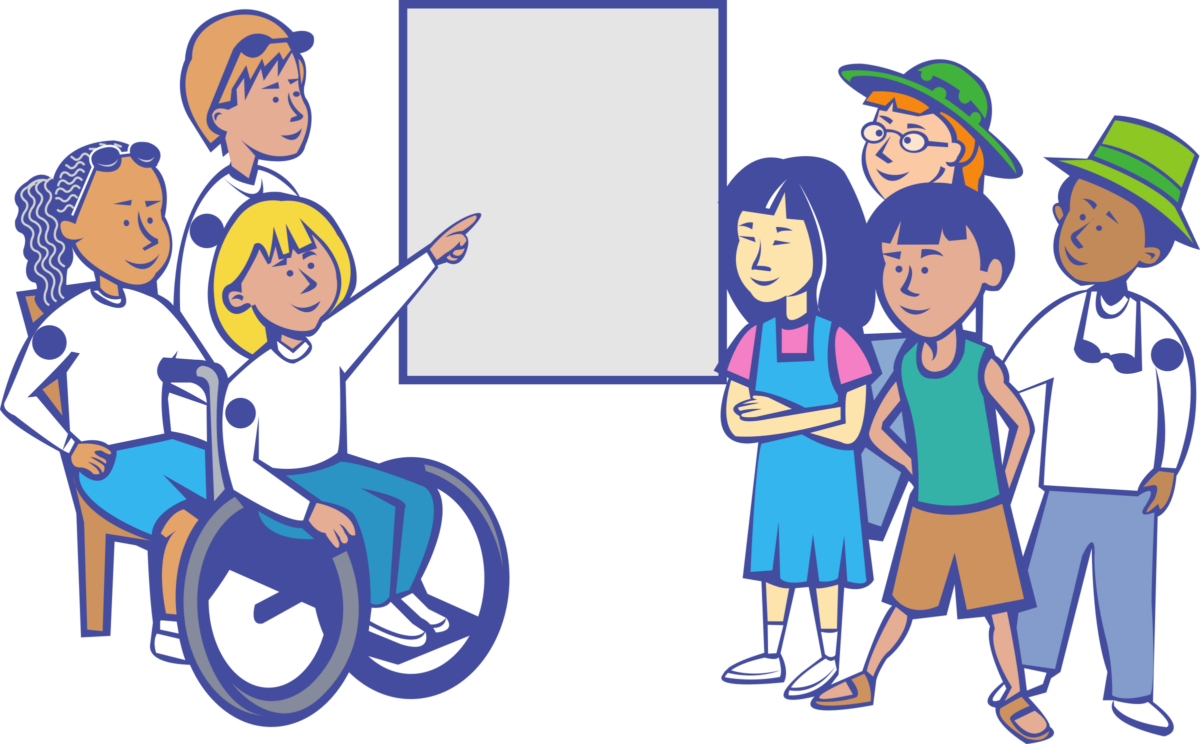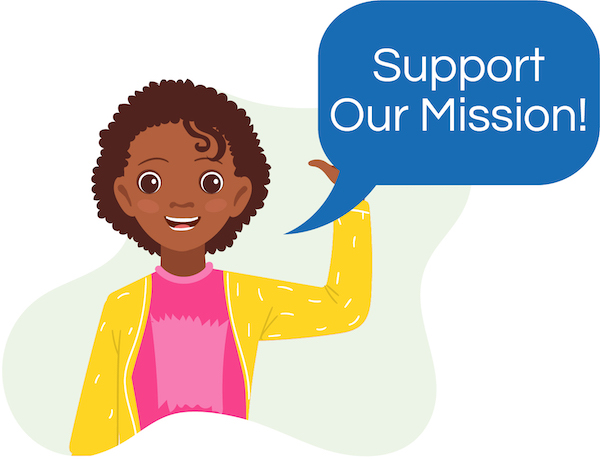By Vivian Logan
Labels have always had a negative impact on children of color in the educational system. Historically, teachers have labeled children of color as being a “behavioral problem or being unreachable,” when they were not equipped to teach children with different needs. Additionally, labels carry messages that often restrict a child to a particular role or behavior. If a child is repeatedly called “bad,” “a troublemaker,” or “questioned what’s wrong with you?” They will perceive themselves as such and believe this is who they are and live down to these labels.
Labels can restrict a parent’s ability to recognize their child’s full potential and confine their challenges for growth. Frequently, the words “always” or “never” accompany the labels. These add to the cost in that it is usually inaccurate. Parents will often deny the need for services, to prevent their child from being “labeled.” However, what are the repercussions for the child’s learning and educational progress? Negative approaches on special education labeling and segregation presents as a long-lived challenge for studentsi.
Educators and parents are aware that the decision to identify a child as disabled or developmentally disabled, particularly if they come from a diverse ethnic or cultural background has lifelong implications. Additionally, there are high rates of African American males who experience repeated placement in special education The effects of these implications may include, the detrimental effects of labeling as special needs, an increased drop-out rate, becoming part of the school-to-prison pipeline, and limited career preparation and employabilityii.
How Buffalo Hearing & Speech Center (BHSC) can help – When a child is showing significant enough delays and is not currently receiving any services in school, BHSC will counsel the family, recommending that the school be asked to assess what supports they can or should implement to better support the child’s learning. The education system has its formal process that must be followed to get the child what they need, which is where the “label” comes in. The child will need an Individualized Education Plan (IEP) that has a diagnosis on it. This diagnosis for example may be noted as “delayed.” Whatever diagnosis is noted, is the “label.”
Clinic director, Amy Bamrick shares, “it has been her experience that sometimes parents do not trust or want the child tested by the special education committee in school because they are concerned that this label will be a negative and will never be dropped. Parents sometimes relate to their own experience in the special education system as having been negative, and they do not want their child to have the same experience.iii” As clinicians, we must acknowledge and respect this experience. BHSC clinicians try to be as specific as they can about what they are seeing in terms of the child doing well, or functioning age appropriately, and what they are struggling with, and how that can impact them in school. Our clinicians focus on the individual child, and how getting x, y, or z services will specifically help with that child’s strengths and weaknesses promoting school success. Lastly, Ms. Bamrick reports, her hope is to empower parents to be an advocate for their child to get help. There is a system in which to operate, but ultimately, the goal is for all to come together to help the child succeed, and the parent/guardian should be respected and treated as the central person in that process with the child.
If you have questions and/or would like additional information, please do not hesitate to call BHSC at 716-883-8318 or check out our website at www.askBHSC.org




